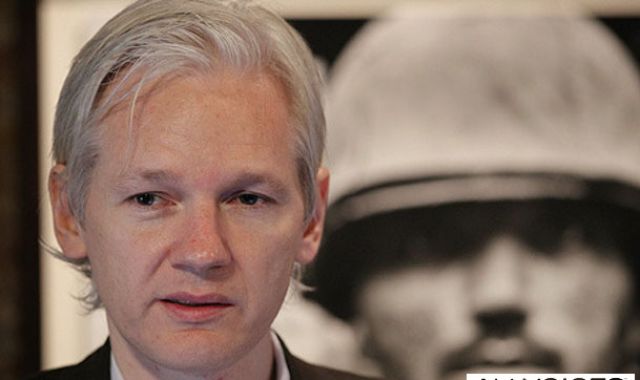
Wikileaks and its founder Julian Assange have made some powerful enemies. US Secretary of State Hillary Clinton has accused Wikileaks of putting the world in danger and Australian PM Julia Gillard has said its activities are illegal.
In the US, Wikileaks has been denounced as a terrorist organisation and there have been calls for Assange to be either prosecuted, kidnapped or simply assassinated.
This has not just been in the ravings of far-right Fox News shock jocks, but from media and prominent politicians across the mainstream political spectrum. A former adviser to Canadian PM Stephen Harper suggested killing him (and presumably anyone close by) with a drone strike.
US officials are preparing a prosecution under the Espionage Act and the US Congress is preparing legislation designed specifically to stop Wikileaks.
The liberal media have held forth that Wikileaks’ “irresponsible” revelations have harmed diplomacy and endangered lives. They accuse Wikileaks of going beyond the acceptable limits of investigative journalism.
Yet Wikileaks is doing precisely what investigative journalists are supposed to do, but generally don’t. It has exposed abuses of power that hide behind the veil of government secrecy.
It is the US government’s spying on UN officials and diplomats that is illegal, not Wikileaks’ exposure of it.
Likewise, the catalogue of illegal abductions and torture, war crimes, corruption and subversions of democracy revealed by Wikileaks shows criminality on the part of the US and other governments.
This is why they are now baying for Assange’s blood.
The notion — promoted by “responsible” journalists — that secrecy is a necessary part of diplomacy is profoundly undemocratic.
Far from endangering lives, Wikileaks’ revelations put a spotlight on the appalling loss and destruction of life that is routinely hidden by Western governments.
One revelation — that the US knew, while pretending not to know, the extent of the Sri Lankan state’s violence against Tamils during and after the 2009 military offensive — is enough to show that official secrecy, not its exposure, really endangers lives.
Wikileaks has undoubtedly damaged US political interests, as well as those of several other regimes.
Wikileaks has said its next project will involve exposing the secrets of banks and other corporations.
Making enemies of the world’s most powerful entities comes at a price. Assange is still free at the time of writing, but he may soon face arrest.
Meanwhile, Bradley Manning, a US army private disillusioned by human rights abuses in Iraq and accused of leaking military secrets to Wikileaks, has been held in solitary confinement since May.
Regardless of whether he did what he is accused of, Manning is an innocent person held by criminals.
Supporters of democracy and opponents of violence and corruption must call for Manning to be released, for the threats against Assange to stop. But most importantly, we need an end to the military, government and corporate secrecy behind which the rulers of the world hide their crimes.